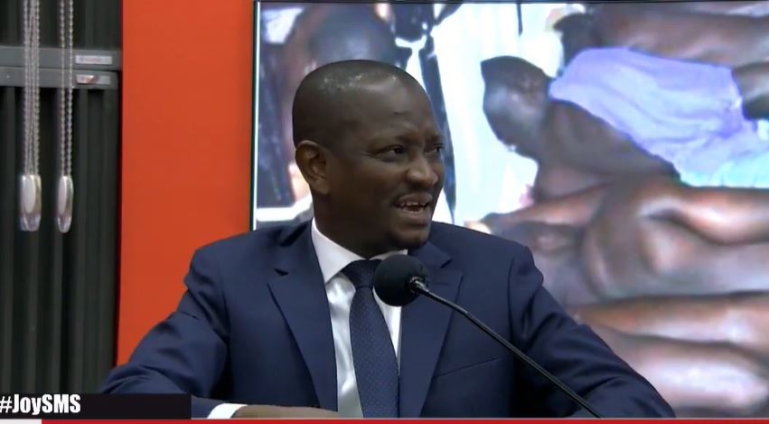Everyone found to have contributed to the banking sector crisis will be prosecuted and monies retrieved - a Deputy Attorney General (AG) and Minister for Justice has said.
Mr Alfred Tuah Yeboah said nobody will be spared.
According to him, there are more cases that his outfit will be taking to court soon.
Mr Tuah Yeboah said the government needs the money spent on exercise and thus his Ministry will recover for the use of the government.
“The depositors get to be paid by the government. So, we are now in court to prosecute and possibly recover.
"If you paid an amount of GH¢1.2 billion from the taxpayers' money, you will need that money back, and you can get it back if you take legal action as we have done.
"I can assure you that there are other cases that we will prosecute to get the monies back”, he said in a media engagement on Tuesday, November 8."
Update on some cases so far
Mr William Ato Essien of defunct Capital bank is awaiting judgment on November 17, while Michael Nyinaku of defunct Beige Bank was arraigned on Tuesday.
Michael Nyinaku is facing 43 counts of criminal charges; stealing, fraudulent breach of trust and money laundering.
However, he has pleaded not guilty to these charges.
Banking sector clean-up exercise
In a bid to restore confidence in the banking and specialised deposit-taking sector, the Bank of Ghana embarked on a clean-up exercise in August 2017.
Spending over GH¢20 billion, the Central Bank’s action was to resolve insolvent financial institutions whose continued existence posed risks to the interest of depositors.
This was supervised by the now embattled Finance Minister, Ken Ofori-Atta from mid-2017 to January 2020.
The clean-up saw a reduction in the number of banks from 34 to 23, whilst 347 microfinance institutions, 15 savings and loans and eight finance houses had their licences revoked.
While some of the commercial banks were merged to form the Consolidated Bank Ghana Limited, state-owned GCB was allowed to swallow others.
The Securities and Exchange Commission also announced the revocation of the licenses of 53 Fund Management Companies.
A number of these institutions were found to have varying degrees of corporate governance lapses.
The total estimated cost of the state’s fiscal intervention, excluding interest payments, from 2017 to 2019 was pegged at GH¢16.4 billion.
Latest Stories
-
Crystal Palace beat Fulham to book FA Cup semi-final spot
6 hours -
Forest beat Brighton on penalties to reach FA Cup semi-final
6 hours -
MTN FA Cup 2024/25: Berekum Chelsea book semis slot with win over Bechem United
6 hours -
Gov’t promoting galamsey with GoldBod; the GoldBod is galamsey board – Minority
7 hours -
Ghana Navy probes suspected pirate attack on fishing vessel
8 hours -
2024/25 FA Cup: Attram De Visser stuns PAC Academy to reach first-ever semifinal
8 hours -
‘Shocking and excessive’ – Lawyer challenges $18m verdict in Anas-Kennedy Agyapong case
10 hours -
Parliament approves GH₵2.8bn for road maintenance
10 hours -
Minority Chief Whip raises concerns over ambiguities in Gold Board bill
11 hours -
Mahama warns leaders against ‘decisions that kill’ after debt crisis claims lives
11 hours -
Wisconsin Attorney General sues to block Elon Musk $2m election giveaway
11 hours -
Disney faces US investigation over DEI practices
11 hours -
Hair relaxers linked to increased breast cancer risk in Ghanaian women
11 hours -
Columbia University president resigns amid Trump crackdown
11 hours -
CJ removal petition: Citizens must not sit back and watch politicians to get their way – NPP MP
11 hours

